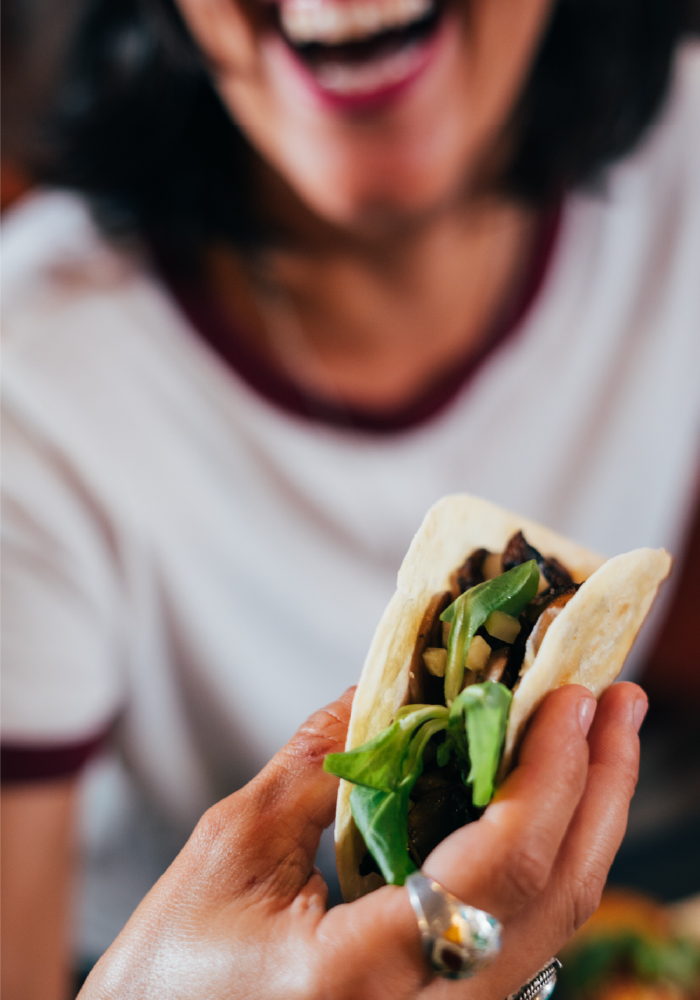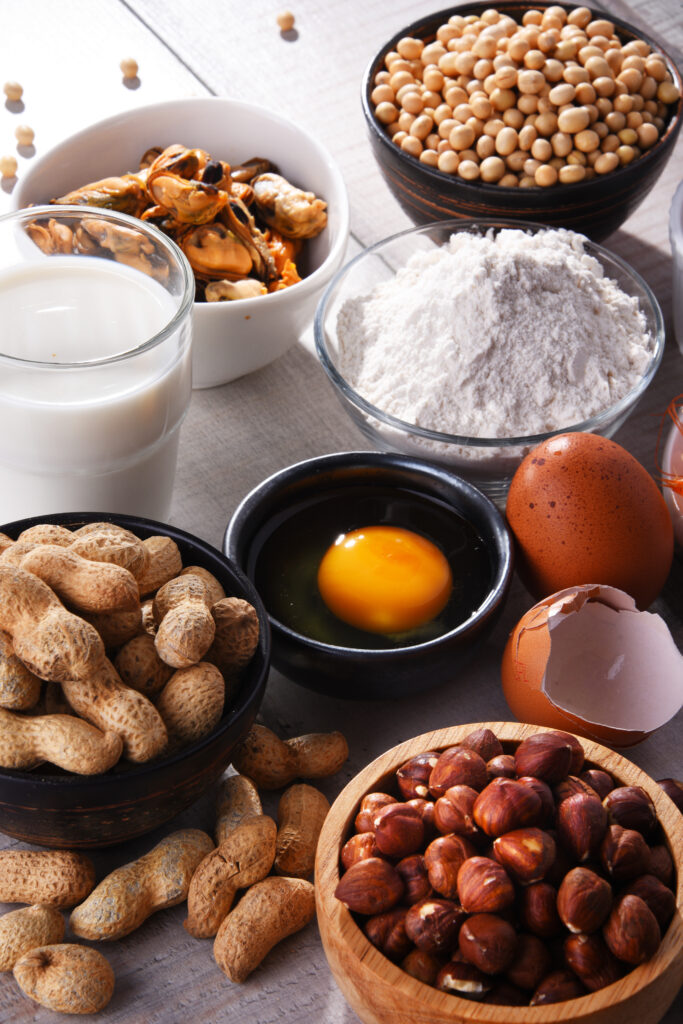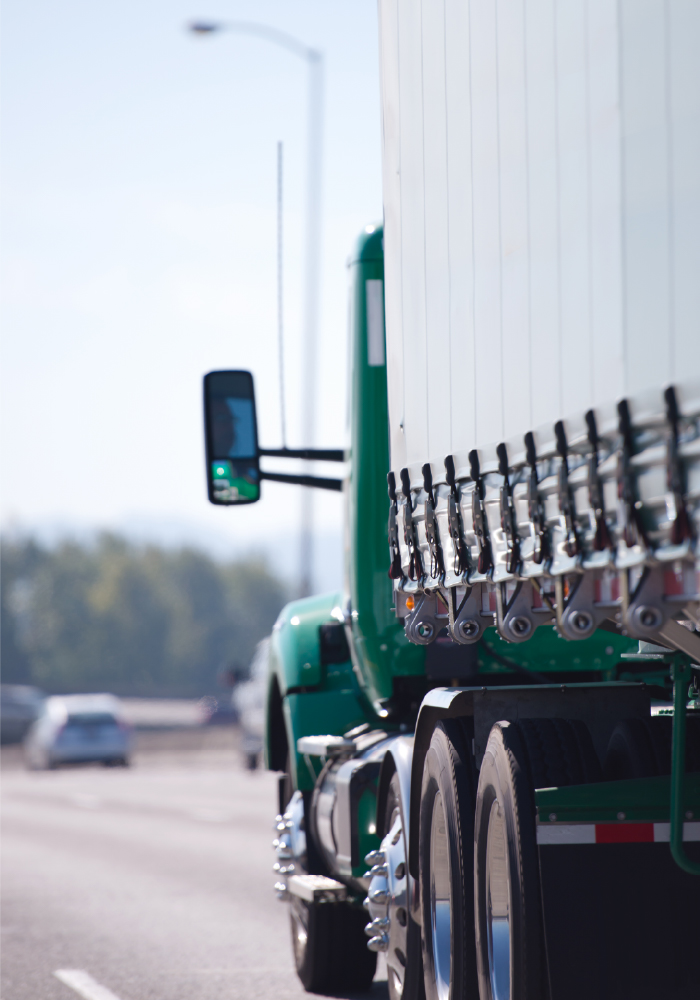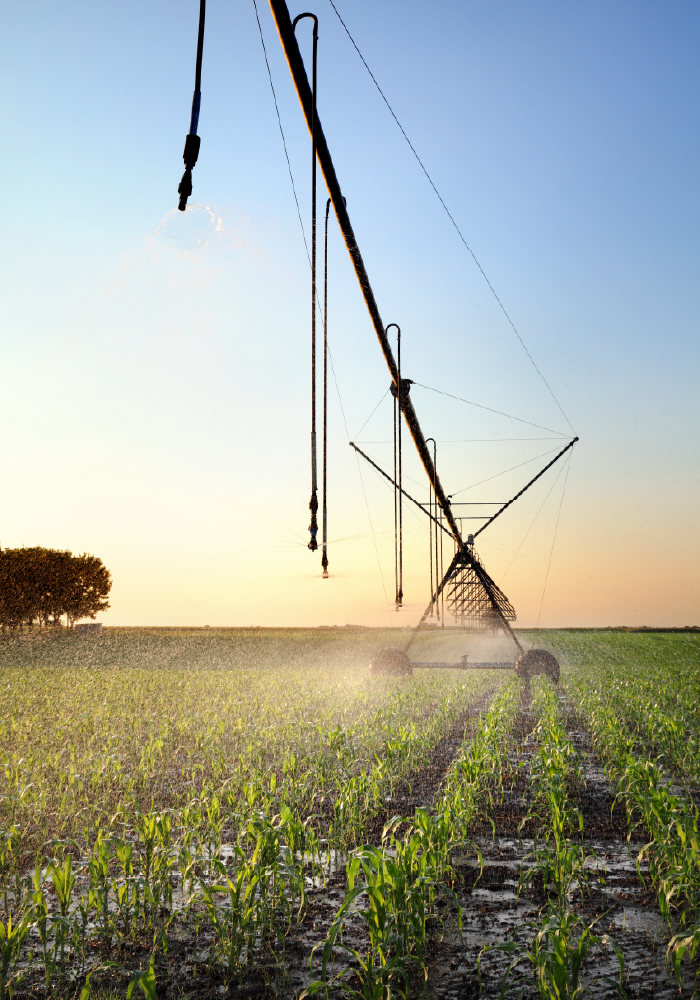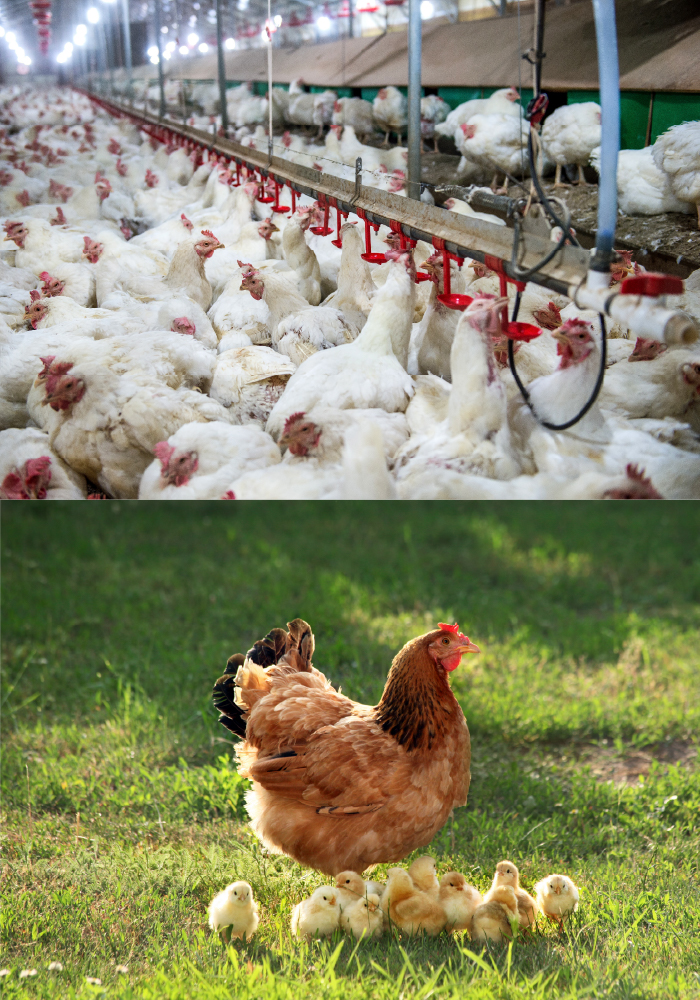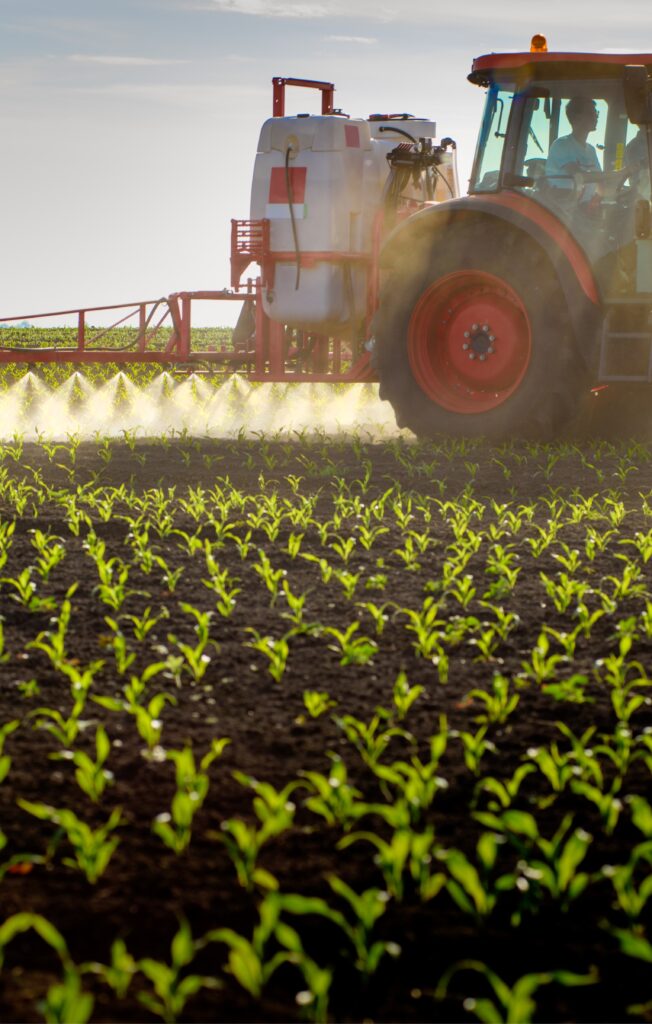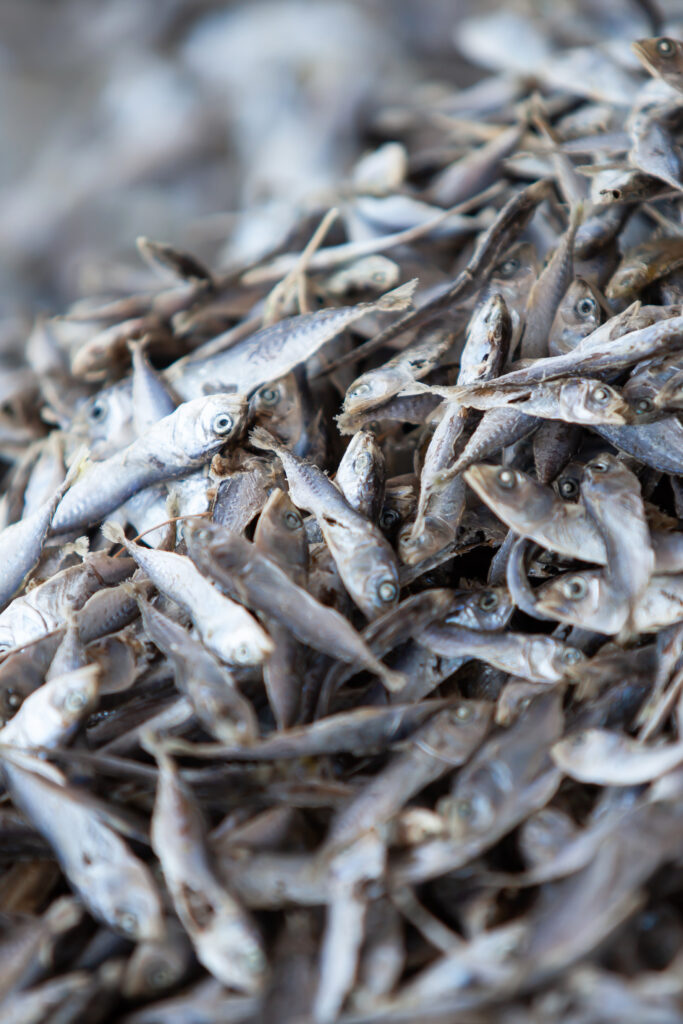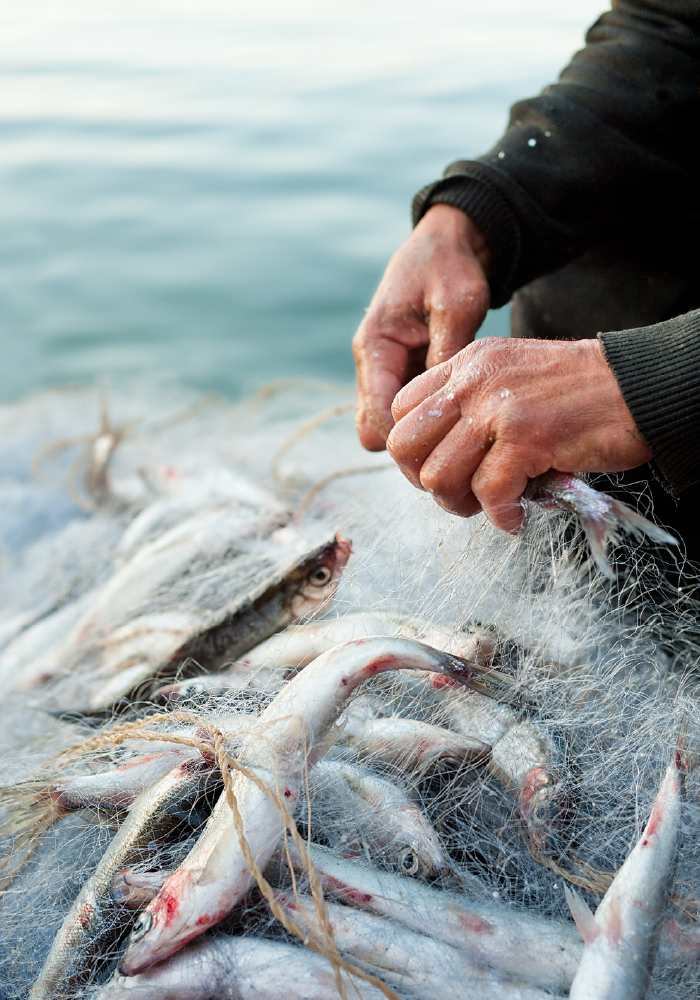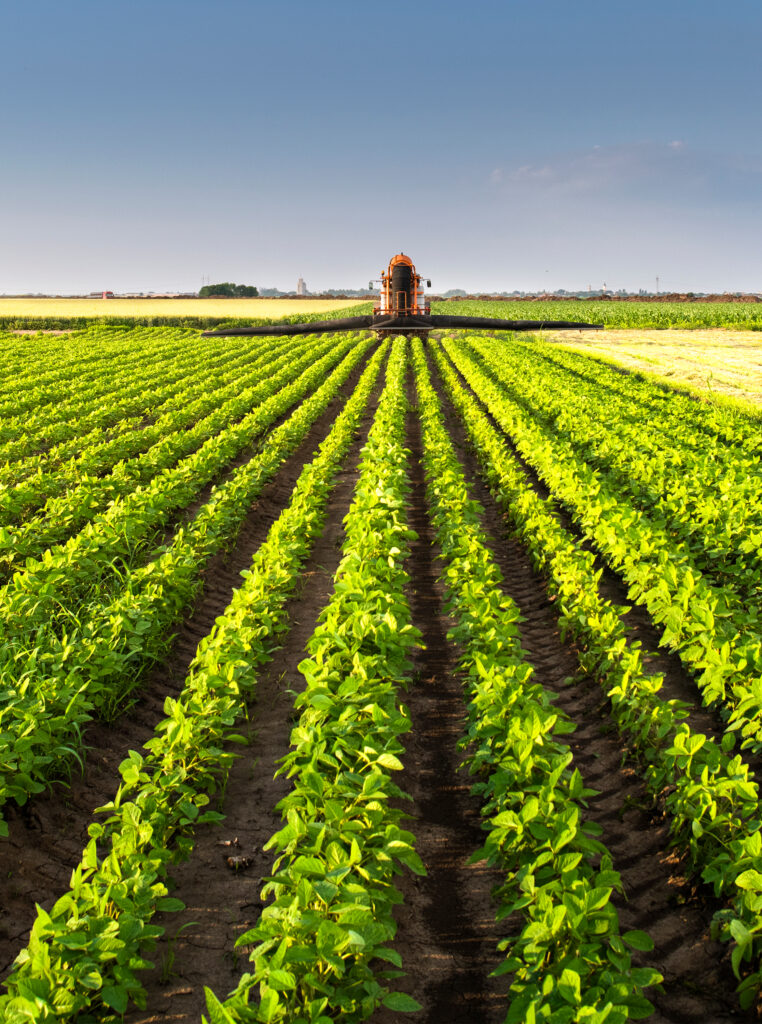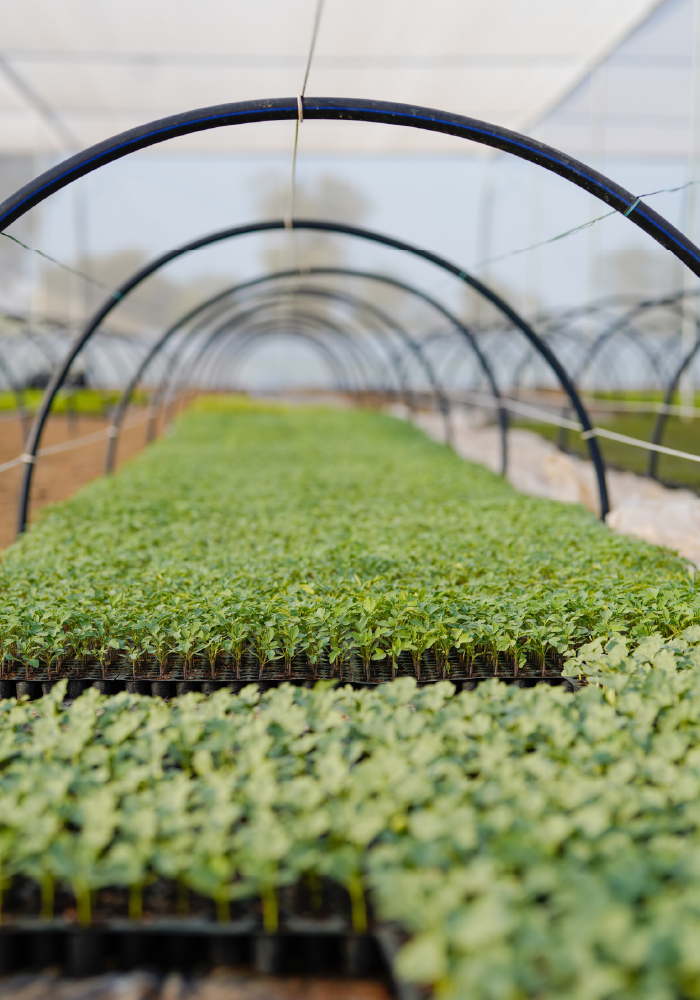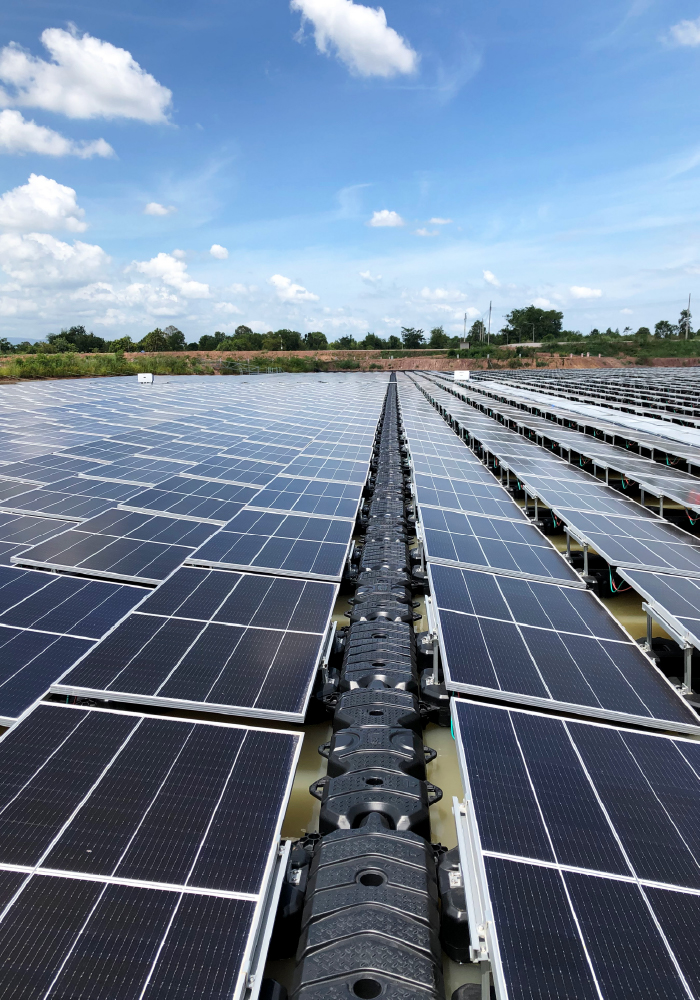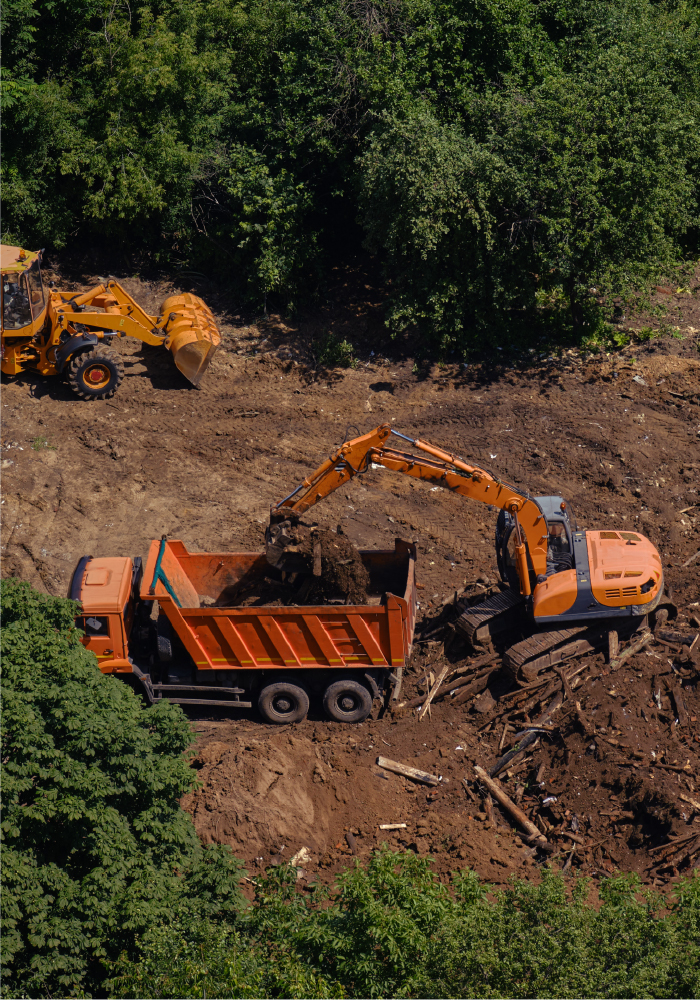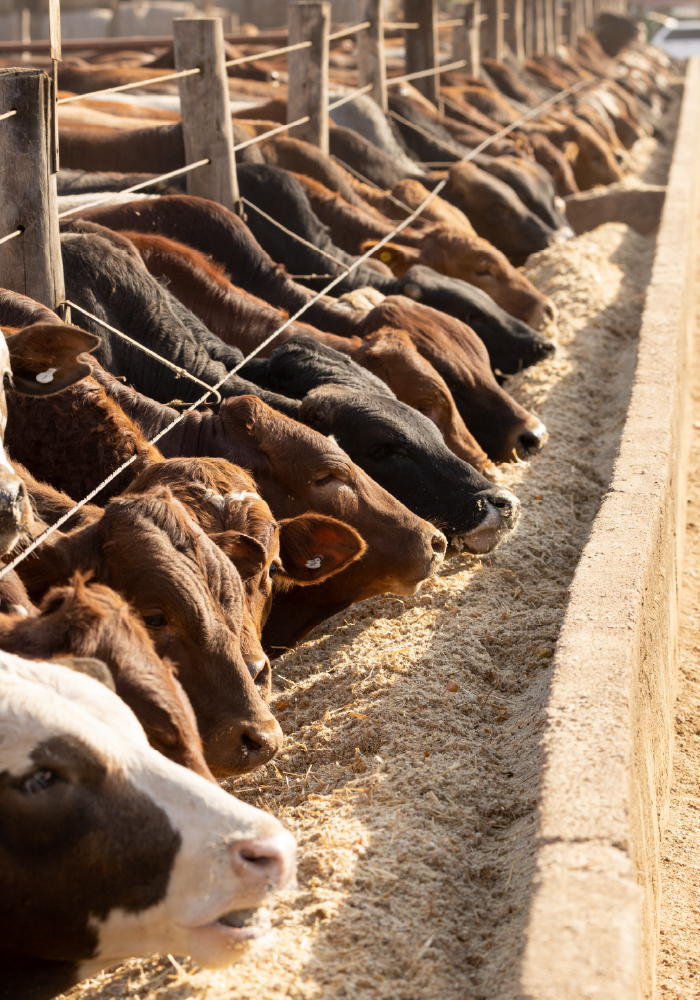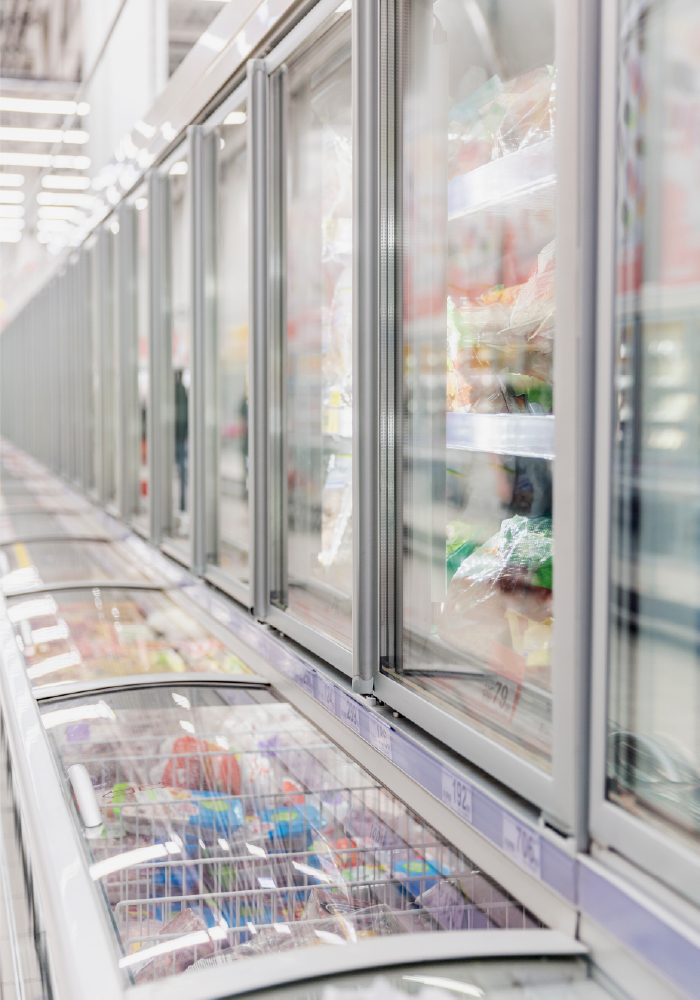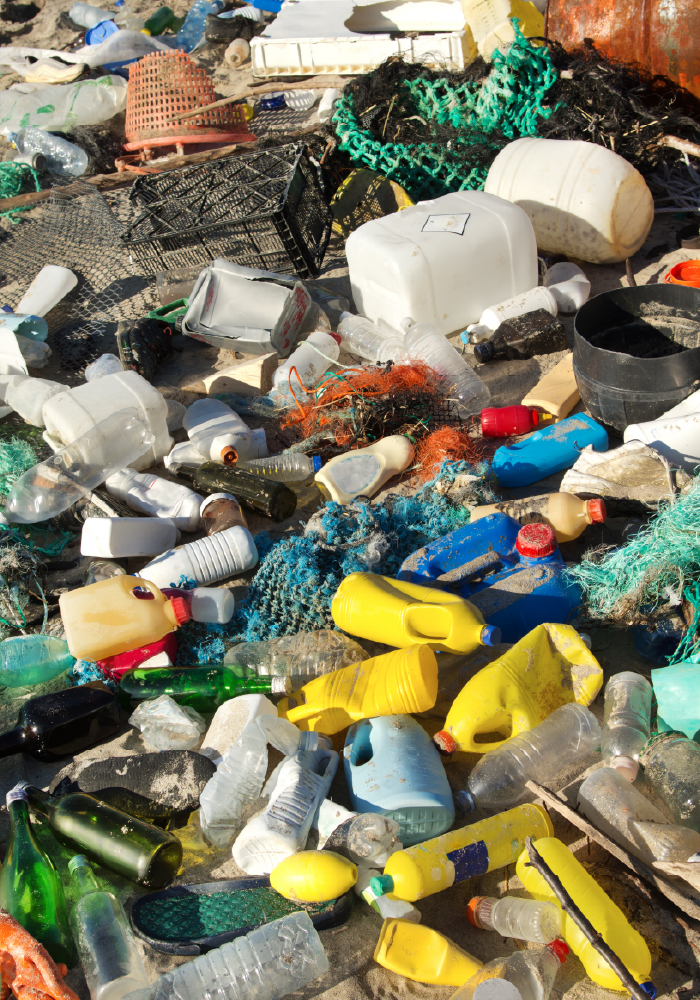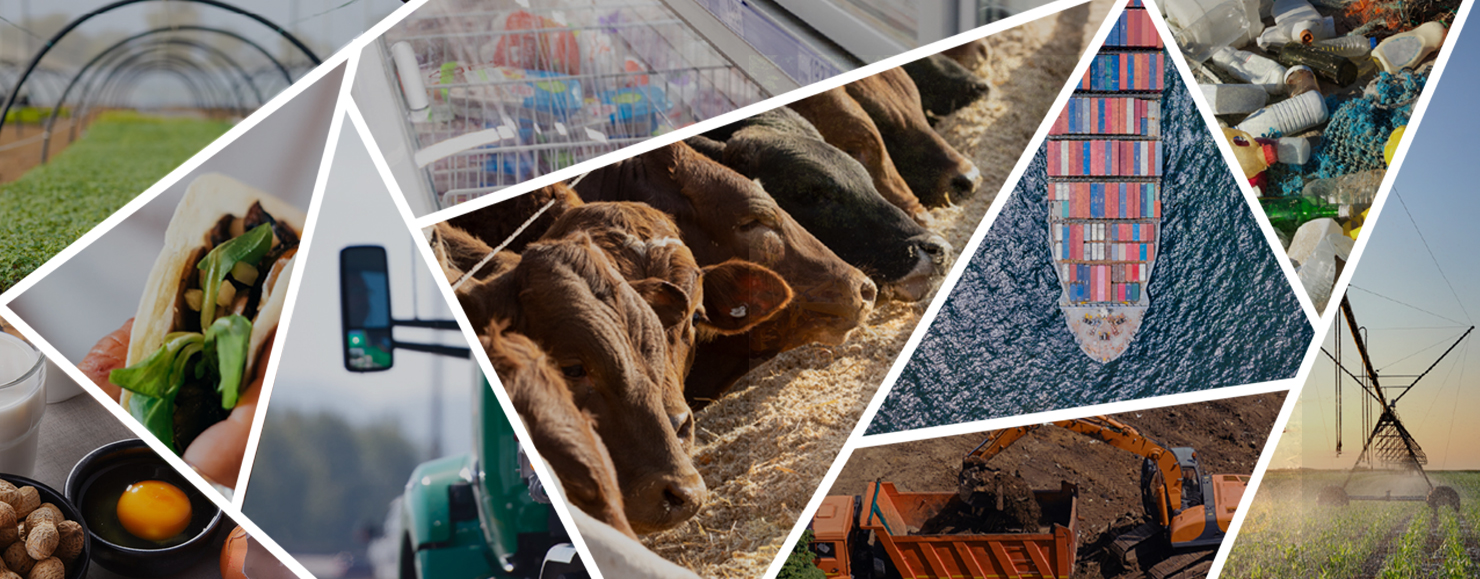
- Back to blog
- 22 March 2023
- Do not miss
The ECO-SCORE® by Beelong methodology has been revamped for its 2023 transition!
In recent years, sustainable food has become increasingly central to the concerns of consumers, professionals and public policies. Knowing that human food generates nearly 1/3 of the environmental damage, we are delighted! This also implies that access to environmental and food product data continues to improve, allowing us to offer increasingly accurate environmental assessments.
This is why the "ECO-SCORE® by Beelong" calculation methodology is constantly evolving as scientific knowledge and field data become available. It is updated every two years in order to always use the most accurate data possible and to reflect the current state of knowledge on sustainable food (the complete list of criteria is available here).
The v.7 version is the most recent one, dated October 2022. Among other things, it has led to the following improvements:
- Packaging:
- Updates to the CO2 data and integration of new packaging types, such as plant materials and returnable bottles. In addition, the update will also capture secondary and tertiary packaging, in addition to the primary packaging.
- Modes of transportation:
- Different modes of transport can now be used for the same journey (modal mix)
- Revision of assumptions when the mode of transport is unknown, based on new market information
- Addition of new modes of transportation: electric vehicle
- Endangered or critically farmed fish species:
- Increased score severity for products with a share of endangered fish species. From now on, a product with at least one ingredient identified as endangered will automatically receive the worst possible score (E-)
- Palm oil:
- Re-evaluation of existing labels, including variants of the RSPO label. From now on, only the "RSPO Segregated (SG)" and "RSPO Identity Preserved (IP)" variants are valued, while the "RSPO Credits" and "RSPO Mass Balance (MB)" variants are not valued using the ECO-SCORE® by Beelong calculation method.
- Agricultural policy of producing countries:
- Updated environmental performance for over 180 countries based on 40 indicators, using the most up-to-date data available from the Environmental Performance Index (EPI).
- Water consumption:
- Update of the water stress values of the producing countries, according to the method AWARE
- Land use:
- Review of all data and update when necessary, based on the latest versions of the World Food LCA Database (Quantis) v 3.5, Ecoinvent v 3.8, Agribalyse v 3.0.
- CO2 eq. and water pollution :
- Review of all data and update when necessary, based on the latest versions of the World Food LCA Database (Quantis) v 3.5, Ecoinvent v 3.8, Agribalyse v 3.0.
- Integration of more granularity based on the mode of production of certain ingredients, this time for beef and veal from a primarily pasture-based production system.
- Integration of new values for greenhouse cultivation heated with renewable energy
- Valuation of biodiversity:
- Review of the evaluation of the most frequent labels.
- Re-evaluation of the severity of the criterion according to available sources.
- Weighting of the environmental score criteria (LCA):
- Alignment according to the weighting proposed by the WEP: climate change 49%, water consumption 20%, land use 18%, marine water pollution 7%, freshwater pollution 6%.
In order to keep all products comparable, this update took place for all our brand and restaurant partners between October 2022 and March 2023.
The next update will take place if necessary at the end of 2024. In the event that this update involves a change in the ECO-SCORE® by Beelong score for a product, Beelong will notify the affected brands.



